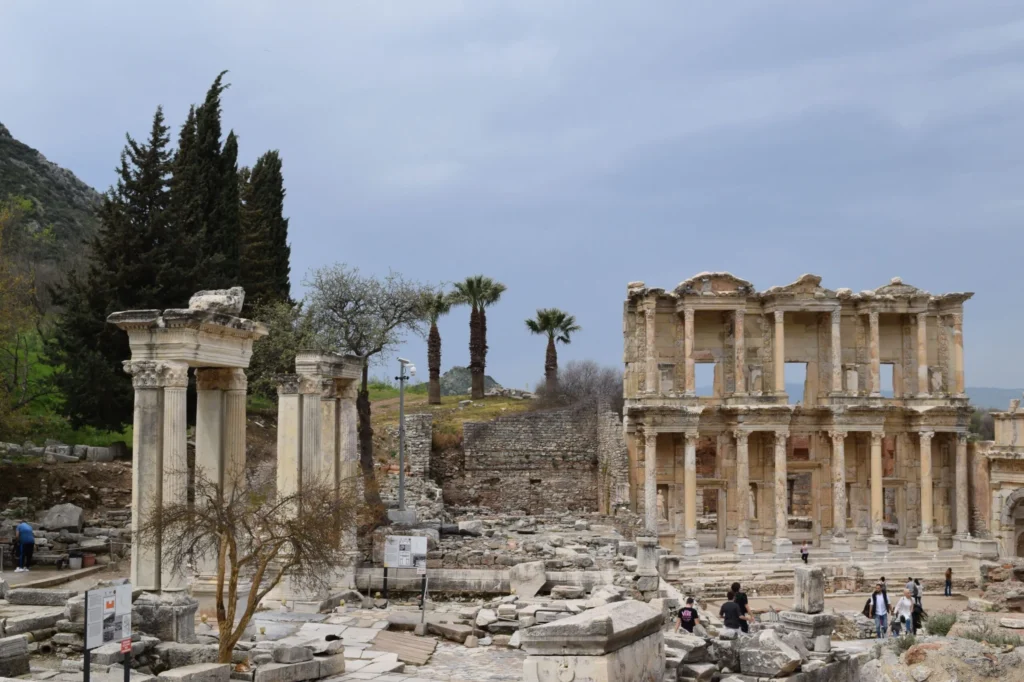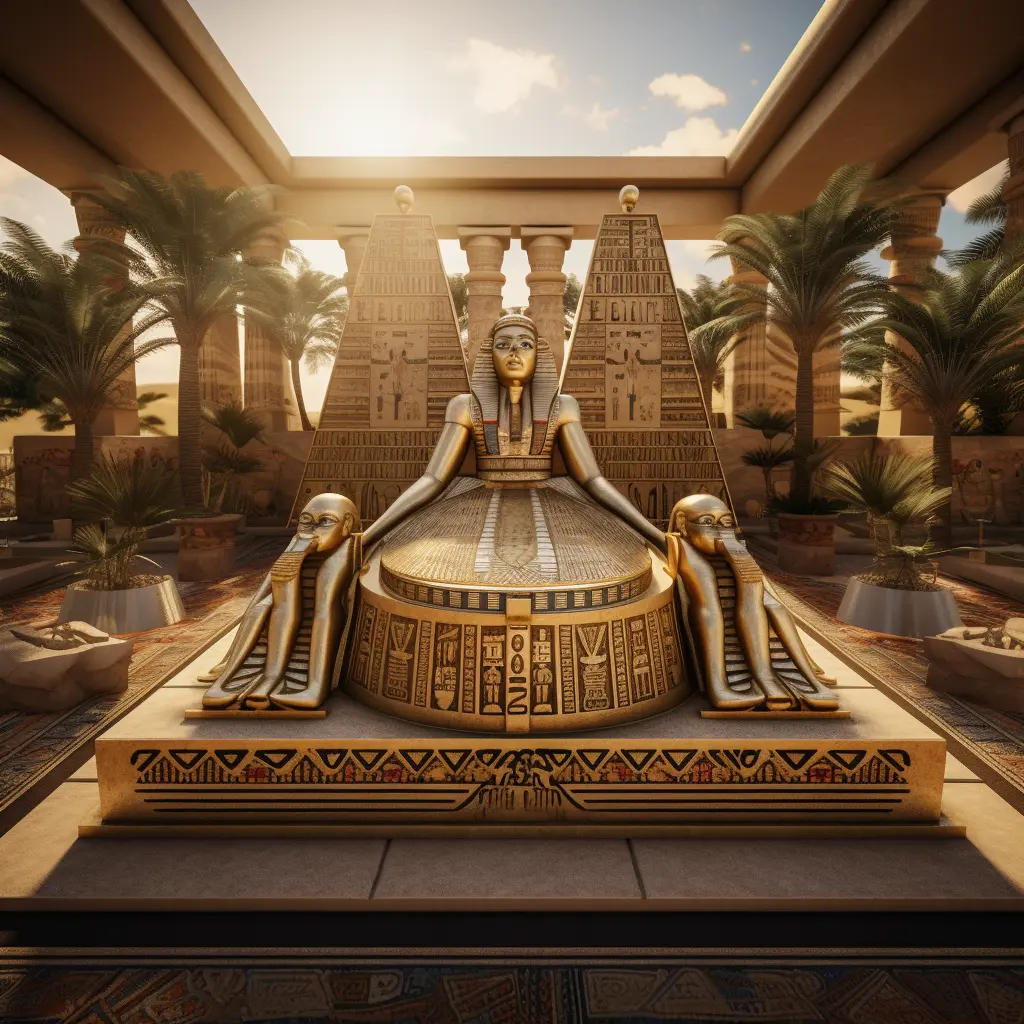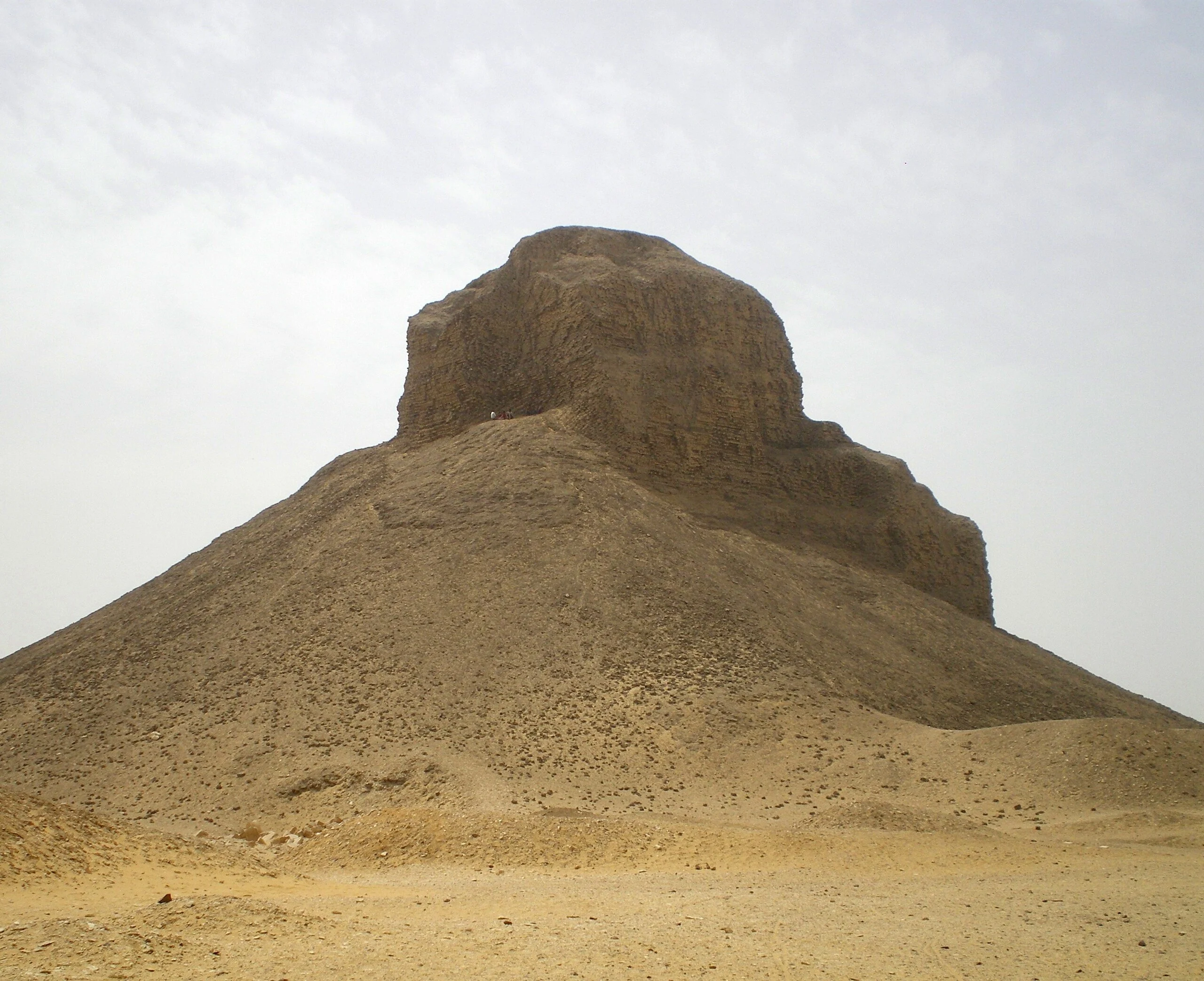
A Quick Introduction
The Significance of Ephesus Archaeological Museum
The Ephesus Archaeological Museum holds immense importance as a renowned research center and a precious archive of ancient relics. It gives insight into the evolution of cultural and historical tapestries, encompassing different eras and civilizations. Housing a diverse collection of artifacts, including statues, busts, and friezes, it provides a unique learning experience. The museum stands as an essential destination for history enthusiasts, researchers, and tourists worldwide.
The Spectacular Location – Situated in Selçuk, Turkey
Perched in the heart of Selçuk, a town known for its rich historical tapestry, the Ephesus Archaeological Museum stands as a beacon of ancient civilization. Its strategic location not only offers easy access for tourists but also provides breathtaking views of the surrounding Byzantine aqueduct. Effortlessly marrying natural beauty with historical significance, it’s an enclave of Turkey’s illustrious past and offers a wealth of insights into the grandeur of the Roman era. The location of the museum is a spectacle, steeped in antiquity.
Architectural Wonder of the Museum
The Architectural Design of the Ephesus Museum
Housing countless relics from the ancient city of Ephesus, the museum itself stands as a marvel of modern architecture. Its design is a seamless mix of authentic Anatolian architectural facets and contemporary constructs. The main building stands distinguished with its high ceilings, large glass windows, and exhibit halls that exhibit a minimalist aesthetic, ensuring the spotlight remains on the artifacts. Beautifully trimmed gardens right outside offer a picturesque view, enhancing the artistic encounter within. Despite having a rather simple layout, intentional in its approach, the design of the museum ensures that the visitors receive much more than just a walk through history.
Showcasing Historical Elements in Construction
The Ephesus Archaeological Museum truly serves as a testament to the brilliance of ancient design and structural creation. It proudly exhibits architectural histories, which involve fragments of monumental structures, intriguing artifacts, and parts of ancient buildings.
Every item on display, from columns and capitols to beautiful mosaics and statues, vividly illustrates the aesthetic richness and technical prowess of the epochs they represent. The museum also provides insightful descriptions, bringing to light the in-depth process of how each piece was constructed. It’s a well-preserved architectural marvel, enhanced by historical elements that seamlessly blend with contemporary exhibit designs.
Collections and Exhibits
Overview of the Collections
Unveiling centuries of history, the Ephesus Archaeological Museum curates a rich array of collections, grouped into two main sections: archaeological and ethnographical. The archaeological section houses artifacts unearthed from the ancient city of Ephesus, including Hellenistic statues, Roman-era sculptures, and coins.
The ethnography section, on the other hand, showcases the regional culture and lifestyle of the inhabitants through various periods. From intricate pottery to personal items, tools, jewelry, and household items, every piece narrates a tale of the past. A highlight is the exquisite statue of Artemis, which is an embodiment of the cultural richness of the locale.
Highlighting the Major Exhibits
At the heart of the Ephesus Archaeological Museum, the rich trove of major exhibits shines a spotlight on the opulent past of this ancient city. Undoubtedly, the pieces de résistance of the museum are the statues of Artemis—the multi-breasted ‘Artemis Ephesia’ and the beautiful ‘Artemis the Huntress’. The former adorned the Archaic Temple of Artemis, while the latter, portrayed in a poised act of hunting, was found in the Prytaneion. Not to be outdone, the exhibit dedicated to frescoes and architectural fragments from the Terrace Houses leaves visitors in awe of their intricate designs, ranging from mythological scenes to depictions of daily life.
Additionally, the collection of medical and cosmetic tools from the Roman period provides a fascinating insight into the beauty standards and medicinal practices of that era. The ‘Hall of the Tomb Reliefs’, housing funerary artefacts and reliefs, offers visitors a unique opportunity to explore the traditions and beliefs surrounding death and the afterlife. Lastly, the stunning marble statues unearthed from the Theatre Gymnasium, including a striking head of Eros and a depiction of Isis, add to the allure of the museum, thus reflecting Ephesus’s vibrant history and cultures.
Notable Artifacts Worth Mentioning
Visitors to the Ephesus Archaeological Museum should not miss several significant pieces on display. The highlight, no doubt, is the Statue of Artemis, extracted from the Temple of Artemis, one of the Seven Wonders of the Ancient World. Another splendid artifact is the ‘Eros Statue Riding a Dolphin’, a remarkable representation of Greek art. The museum also hosts a unique display of the tomb of a Roman-era gladiator, complete with battle gear. Lastly, don’t overlook the intriguing ‘Ivory Plaque,’ a priceless piece from the Byzantine Era dating back to the 6th century AD. These remarkable pieces speak volumes of the region’s rich past.
Related: What Is Glenwood Archaeological State Preserve?
Historical Context
The History of Ephesus City
Dating back to the 10th century BC, Ephesus City epitomizes the grandeur of Ancient Greek civilization. Once a bustling port geographically nestled on the Ionia’s coast, it captured the awe of Alexander the Great with its impressive architecture, specifically the Temple of Artemis, one of the Seven Wonders of the Ancient World. Ephesus hosted key figures like Cleopatra and Mark Antony, symbolizing its geopolitical significance. Eventually, its glory faded with the port’s silting, leading to abandonment. Today, its historical essence is preserved in the Ephesus Archaeological Museum, housing artifacts that narrate its rich and diverse past.
How the Museum Preserves these Historic Times
Epitomizing the concept of preservation, the Ephesus Archaeological Museum undertakes meticulous measures to keep its collection intact. Utilizing advanced conservatory techniques paired with traditional methods, each artifact is treated as a precious memento of history. These preservation procedures involve careful cleaning, climatic controls, and ongoing maintenance and surveillance, intending to decelerate deterioration and inhibit potential damage. Moreover, the artifacts are housed in specially designed display cases, ensuring they remain preserved for future generations to admire. Not just a museum, Ephesus serves as a sanctuary for historic relics, playing an integral role in safeguarding Ephesus City’s ancient epoch.
Significant Archaeological Finds and Their Context
The museum showcases an extensive collection of remarkable pieces from various excavations in and around Ephesus. Among the noteworthy exhibits are the Statue of Artemis, known for its intricacy and evidencing the city’s reverence for the goddess. The inscription of a slave’s manumission showcasing social norms of ancient times further draws historians and tourists. Equally captivating are the Terrace House Frescoes, well-preserved wall paintings offering insights into wealthy Romans’ domestic life. Discovered aged coins provide a chronological context to Ephesus’ rule. Each artefact paints a clearer picture of its epoch, contributing to a broader understanding of ancient civilizations.
Visitor Information
Opening Hours and Ticket Information
The museum welcomes visitors seven days a week. From April to October, it operates from 8:00 am to 7:30 pm, while during November to March, it’s open between 8:30 am and 5:30 pm. Entry tickets are priced at 20 TL for adults, with no charge for children under 8 years. There’s also a discounted price of 10 TL for students and seniors. Be sure to save some time for a leisurely exploration, as the museum is home to thousands of artifacts, each telling a unique story about the ancient city of Ephesus. Tickets can be purchased at the venue or ordered online in advance.
Special Features and Services for Visitors
This eminent museum has upgraded significantly to provide a comprehensive and convenient experience for visitors. Special features include interactive exhibits that offer in-depth knowledge about the ancient artifacts. The museum is wheel-chair accessible, ensuring that everyone can comfortably enjoy the exhibitions. A well-stocked gift shop allows guests to take home souvenirs, while an on-site cafe provides refreshments. For non-Turkish speakers, guides proficient in multiple languages, including English, German, French, and Spanish are available. Additionally, visitors can book private tours for a personalized experience. Research facilities and Wi-Fi service are also available, catering to scholars and everyday visitors alike.
The Experience: A Journey Through the Past
Personal Experiences shared by Visitors
Visitors to the Ephesus Archaeological Museum often express wonder at the immersive historical experience they gain. Journeying through the museum unveils hidden treasures of the ancient world, triggering a profound connection to the rich timeline of human existence. Many describe the overwhelming feeling of standing before detailed sculptures from the Roman period, delicate glassware and vibrant frescos that have withstood the erosions of time. Guests frequently mention feeling transported back in time, sharing a palpable sense of being part of something much larger than themselves. The consensus is clear – a visit to this encyclopedic museum is truly a journey through history, to be cherished and remembered.
Understanding the Importance of Archaeology
Diving into the past can be an exhilarating experience, and the Ephesus Archaeological Museum proves this right. The museum is a treasure chest, offering a rich collection of findings from the ancient city of Ephesus that beautifully demonstrates why archaeology is fundamental. The vast array of artifacts, from intricately carved statues to ancient coins and captivating mosaics, each tell their own story, providing an invaluable insight into the lifestyle, culture, economy, and art forms prevalent during the times of the old city of Ephesus.
Each exhibit serves as an educational tool that not only enriches our understanding of antiquity but also emphasizes the significance of archaeological endeavors. Indeed, the experience of exploring the Ephesus Archaeological Museum is akin to embarking on an incredible journey through time itself. It enlightens visitors about the importance of preserving our historical heritage and the priceless knowledge we can gain from studying the past.



